We Learn Not for School but for Life
Part One
By: Ann Kumpf, Outdoor Education Coordinator
Non scholae sed vitae discimus: Learning for Life, Not Just for School
Part 7: Foundational Stones of Cambridge
Students in a traditional school often quietly wonder, "When am I ever going to use this?" It’s a question that reaches all the way back to ancient Rome, where the philosopher Seneca once criticized the education system of his time, writing, "We learn not for life, but for school." Ironically, that biting critique was later flipped into an aspirational motto: "Non scholae sed vitae discimus" — we do not learn for school, but for life.
This phrase signals a major cultural shift in how Cambridge hopes to view education. For much of history, learning was confined to the elite, focused on mastering Latin, rhetoric, or religious texts—valuable, perhaps, but far from practical. It wasn’t until the Enlightenment, and later the Industrial Revolution, that education began to widen its purpose: to prepare individuals not just for academic success, but for civic life, meaningful work, and personal growth. From John Dewey’s progressive classrooms to the 21st-century push for life skills and emotional intelligence, the world has slowly embraced the idea that education should equip us to live well, not just score well. Cambridge School is no exception. Cambridge School aims to orient students to a flourishing life built on a relationship with God and a love of learning.
Cambridge School approaches learning by showing students, in a Christ-centered way, how all subject matter is interconnected. Students learn they are part of a bigger picture where God has been present all along. Through an offered feast of embodied learning opportunities, children are equipped and nourished for the journey of life to come. This is the ongoing vision of the founders of Cambridge School.
Challenges come in all forms—personal and spiritual. Living in today’s culture requires discernment, fortitude, grace, and intention. Reading, writing, history, and arithmetic—complemented by music, art, physical education, and outdoor learning—are all essential building blocks for success. However, other vital aspects of learning shape outcomes that are fundamental to a Cambridge education. Our desire for Cambridge students is for them to leave not only overflowing with knowledge, but also built up in godly character with tools to navigate and discern the world beyond our walls.
No matter what the topic is—whether history, math, science, or co-curricular specials like P.E., music, art, or outdoor education—students are guided to conduct themselves in the spirit of reconciliation, seeing others and themselves as valuable members of our community. They are guided to navigate rupture and repair on a daily basis. Subjects are presented in a vibrant, embodied way that helps students move information from their head to their heart. Imagination is fostered. Awe and wonder are encouraged. Beauty, goodness, and truth are sought. Questions are welcomed. From kindergarten to eighth grade, students are invited to a rich feast of learning that is infused with play and imagery, settling them deeper and deeper into the habit of learning that will shape the rhythm of their lives.



